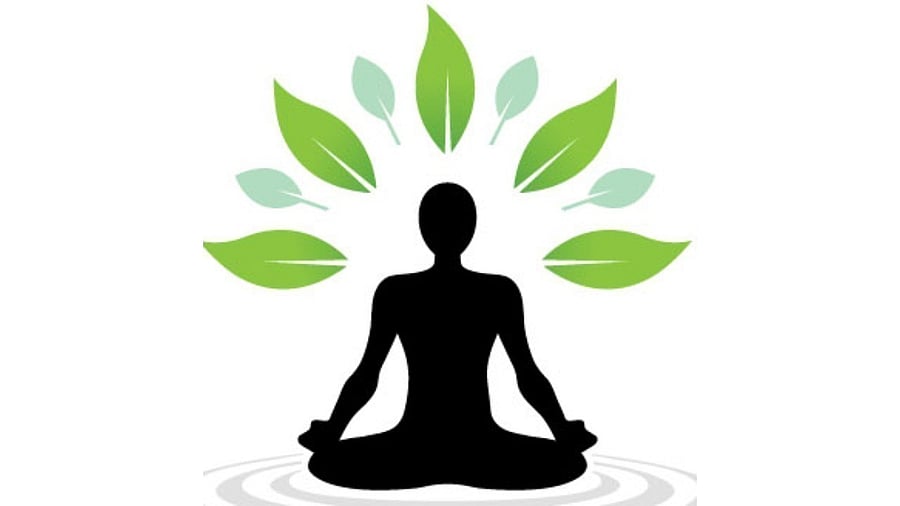
Oasis logo
As millions of Muslims gather in Makkah for Hajj and communities worldwide prepare to celebrate Eid al-Adha, we are called to reflect on the life of a man whose moral and intellectual courage left an indelible mark on human history: Ibrahim, or Abraham. His story, revered by Jews, Christians, and Muslims alike, is not confined to the annals of ancient faith. It is a timeless mirror for societies that too often silence uncomfortable questions and reward passive belief. Abraham didn’t simply worship; he searched, questioned, challenged — and in doing so, charted a path of moral and intellectual integrity that remains deeply relevant today. The courage to ask ‘Why?’
What we often celebrate as ritual—circling the Kaaba, running between Safa and Marwah, sacrificing an animal—is in fact the living memory of his struggle, his questions, and his choices. Allah preserved these as sunnah not just for Muslims, but as a model of conviction and clarity for all of humanity:”Indeed, there has been for you an excellent example in Abraham...” (Qur’an 60:4)
Long before “critical thinking” became an academic catchphrase, Ibrahim (AS) practiced it in its purest form. He looked at the idols around him and asked: “Why do you worship that which neither hears nor sees nor can benefit you at all?” (Qur’an 19:42). He questioned the celestial bodies in the sky—not as a skeptic, but as a seeker. (Qur’an 6:76–79) And when his heart yearned for deeper understanding, he asked his Lord: “My Lord, show me how You give life to the dead.” (Qur’an 2:260) This was not doubt. It was inquiry born of faith, not rebellion for rebellion’s sake, but to uncover the truth behind appearances. In response, Allah honored not only his faith but his thought, making Ibrahim (AS) the patriarch of all Abrahamic faiths and declaring him a hanif—one who inclines to truth, away from falsehood (Qur’an 3:67).
In today’s world, critical thinking is often reduced to branding—“think different,” “question everything.” But Ibrahim (AS) reminds us that to think critically is a spiritual duty, a journey that demands courage, clarity, and often, solitude. So as we offer sacrifices this Eid, let us not only remember his knife and his son—but also his questions, his courage, and his unwavering stand for truth. That is the real sunnah.